In the dynamic world of eyewear, finding the perfect pair of optical frames is not just about functionality but also making a style statement. With numerous brands offering a variety of designs, materials, and technologies, choosing the right one can seem overwhelming. From high-end luxury labels to more affordable yet stylish options, the market is filled with choices catering to diverse tastes and needs. For those eager to discover the best brands for optical frames that blend style, comfort, and durability, explore the comprehensive list below.

Illustration of optical frames
Best brands of optical frames in 2025
Ray-Ban
Ray-Ban, a renowned brand under the umbrella of EssilorLuxottica, holds a significant position in the eyewear market, particularly in the United States. With a market share of around 20% in the sunglasses sector, Ray-Ban is one of the most iconic and popular brands, known for its high-quality and durable materials such as metal and acetate. The brand's polarized lenses, marked with the "Ray-Ban P" logo, are a distinctive feature of its authenticity and quality. Ray-Ban's smart glasses, such as Ray-Ban Stories, also integrate innovative technology with fashion-forward designs, further solidifying its market presence. Despite some market share fluctuations, Ray-Ban remains a leader in the eyewear industry. For more detailed information, explore sunglasses statistics in the United States.
Oakley
Oakley, founded in 1975, is a leading brand in the sports and lifestyle eyewear market, renowned for its innovative fusion of art and science. With an 8.5% market share in the performance eyewear segment as of 2023, Oakley stands out for its technologically advanced products, having filed over 600 patents related to eyewear technology. The company's revenue has consistently increased, with a Compound Annual Growth Rate (CAGR) of 8% over the past five years, and approximately 70% of its sales come from North America. Oakley's Prizm lens technology, introduced in 2014, accounts for around 40% of its total lens sales. The brand is popular among athletes, with about 25% of its total sales coming from this segment.
Gucci
Gucci is a leading luxury brand in the eyewear industry, holding a 4% market share in the global luxury eyewear market. In 2022, Gucci generated approximately $11.46 billion in revenue, with 36% of this revenue coming from the Asia-Pacific market. The brand's eyewear products are highly sought after, particularly among consumers who value premium and luxurious designs. Gucci's online store has seen significant growth, with e-commerce revenue increasing to $1.63 billion in 2022. Gucci's strong presence in the luxury eyewear segment is further reinforced by its innovative designs and high-quality craftsmanship.
Warby Parker
Warby Parker has established itself as a leading producer of optical frames, notably increasing its market share from 4% in 2017 to 7.2% as of 2024, outpacing the broader US eyewear industry in year-over-year growth. The company's direct-to-consumer approach and affordable pricing, with an average spend per customer of slightly above $200, have been key factors in its success. Warby Parker's innovative omnichannel strategy, combining online and brick-and-mortar retail, has helped the company retain more customers than its competitors. Despite the dominance of EssilorLuxottica, which holds nearly 28% of the US eyewear market, Warby Parker continues to gain ground. The company's strong financial performance, including a 13.47% revenue increase over the last twelve months, further solidifies its position in the market. For more in-depth insights on Warby Parker's strategy and financial success, visit their consumer insights page.
Prada
Prada, along with other luxury brands like Gucci, collectively accounts for about 15% of the sunglasses market in the United States, catering to high-income consumers. Known for its stylish and high-quality optical frames, Prada is a preferred choice among those seeking fashionable and durable eyewear. The brand's presence in the market is significant, especially in the luxury segment, where it competes with other iconic brands like Ray-Ban and Oakley. By 2034, the overall eyewear market, including luxury brands like Prada, is expected to grow substantially, reaching a forecasted value of $233.5 billion globally. Prada's contribution to this growth is driven by its strong brand reputation and the diverse needs of consumers.
Versace
Versace is a renowned brand in the eyewear industry, known for its luxurious and innovative designs that blend iconic style with high-quality materials. Founded in 1978 by Gianni Versace, the brand expanded its product line to include eyewear in the early 1980s, which has since become a staple in fashion. Versace eyeglasses and sunglasses are recognized for their bold and daring styles, making them a favorite among fashion enthusiasts. The brand's revenue has significantly increased since its acquisition by Capri Holdings in 2018, with Versace generating over one billion U.S. dollars in revenue in the financial year 2024. Versace's eyewear is manufactured in collaboration with Luxottica, a leading player in the eyecare and eyewear industry. To explore more about Versace's eyewear collection, visit their brand spotlight.
Persol
Persol, an iconic Italian eyewear brand since its inception in 1917, is renowned for its craftsmanship, timeless design, and unparalleled quality. Known for its classic sophistication and contemporary style, Persol eyewear embodies a perfect blend of elegance and artisanal excellence. Each pair of Persol glasses and sunglasses undergoes meticulous production processes, with expert artisans handcrafting and assembling the frames to ensure the highest standards of quality. The brand's innovative Meflecto system provides unparalleled comfort and a personalized fit, making Persol a coveted choice among discerning individuals. With a rich heritage deeply rooted in Italian tradition, Persol continues to be a symbol of refined elegance and excellence. Explore the Persol eyewear collection to find your perfect pair.
Tom Ford
Tom Ford is a leading brand in the luxury eyewear market, renowned for its sleek and premium designs that combine high-fashion appeal with quality craftsmanship. Launched in 2005, the brand has quickly risen to the pinnacle of the fashion industry, with Tom Ford sunglasses known for their innovative lens technologies and stylish appeal. In 2021, the brand recorded $96 million in profit from $1.7 billion in sales, highlighting its significant market presence. Celebrity endorsements have played a crucial role in expanding Tom Ford's global reach, transcending geographical boundaries and establishing a strong global presence. The brand's success is also driven by its ability to leverage the allure of influential personalities, making it an iconic name in luxury fashion. For more insights, read about Tom Ford Eyewear and the Celebrity Effect.
Oliver Peoples
Oliver Peoples is a renowned luxury eyewear brand, founded in 1987 by Larry Leight, his brother Dennis, and their friend Kenny Schwartz, which has earned its legacy through its timeless and elegant designs inspired by vintage Hollywood. The brand is known for its high-quality frames crafted in dedicated factories in Italy and Japan, using materials such as Japanese titanium and Italian acetates. Oliver Peoples has become the go-to brand for A-list celebrities, including Al Pacino, Denzel Washington, and Brad Pitt, and has been featured in several films. The brand is now part of the Luxottica group, the world's largest eyewear company, which acquired it through Oakley in 2006. Oliver Peoples' commitment to quality and authenticity has made it a staple in the luxury eyewear market. For more information, explore the collections of Oliver Peoples eyewear.
Chanel
Chanel, a renowned luxury brand, is a significant player in the optical frames market, catering to affluent women aged 25-45 who value luxury, exclusivity, and timeless fashion. With a strong presence in major metropolitan areas like New York, Paris, and Tokyo, Chanel holds a 15% market share in the global luxury market. The brand's engagement through digital media, including social media and e-commerce, has been crucial in expanding its market. Chanel's eyewear lines, often featured in high-end collections, have turned sunglasses into both practical accessories and style statements. The brand's influence is particularly pronounced in regions like North America, Europe, and Asia. For more insights into Chanel's market strategies, visit Chanel's Target Market Overview.










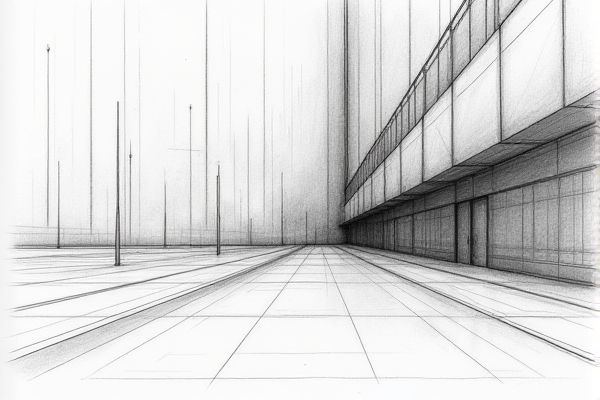
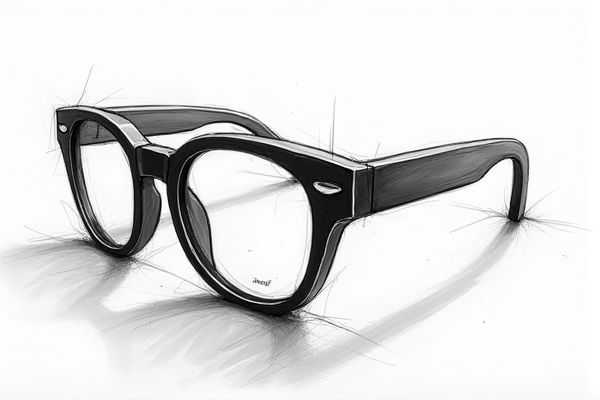
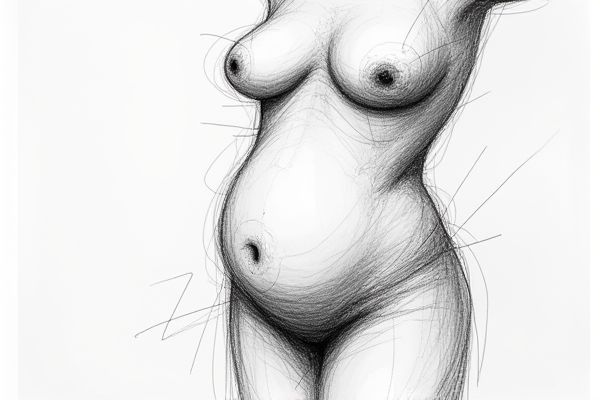
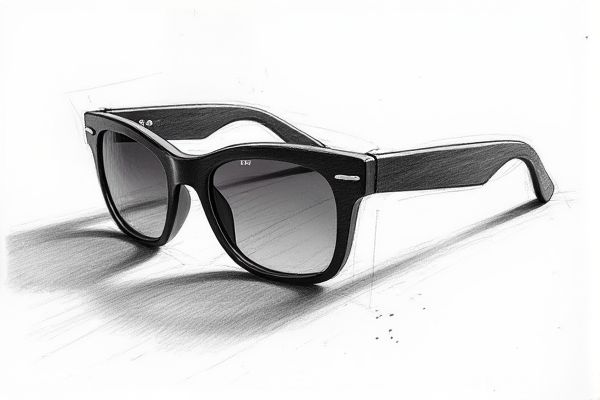
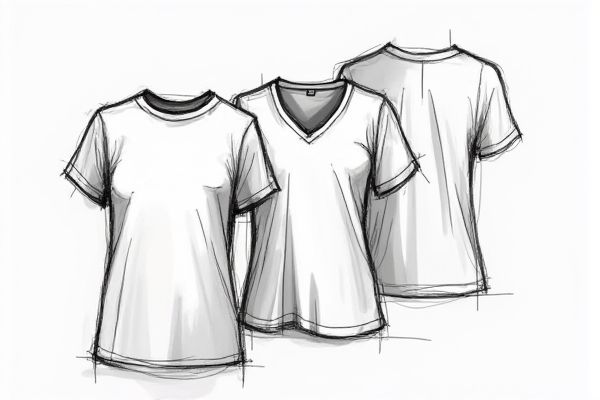
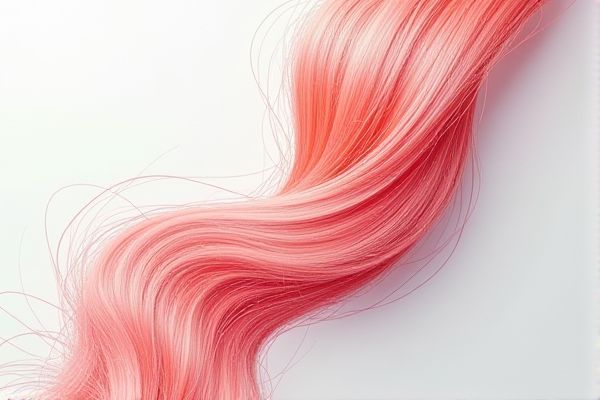
Leave a Reply
Your email address will not be published.